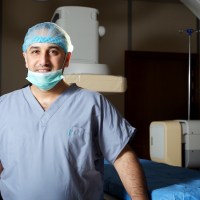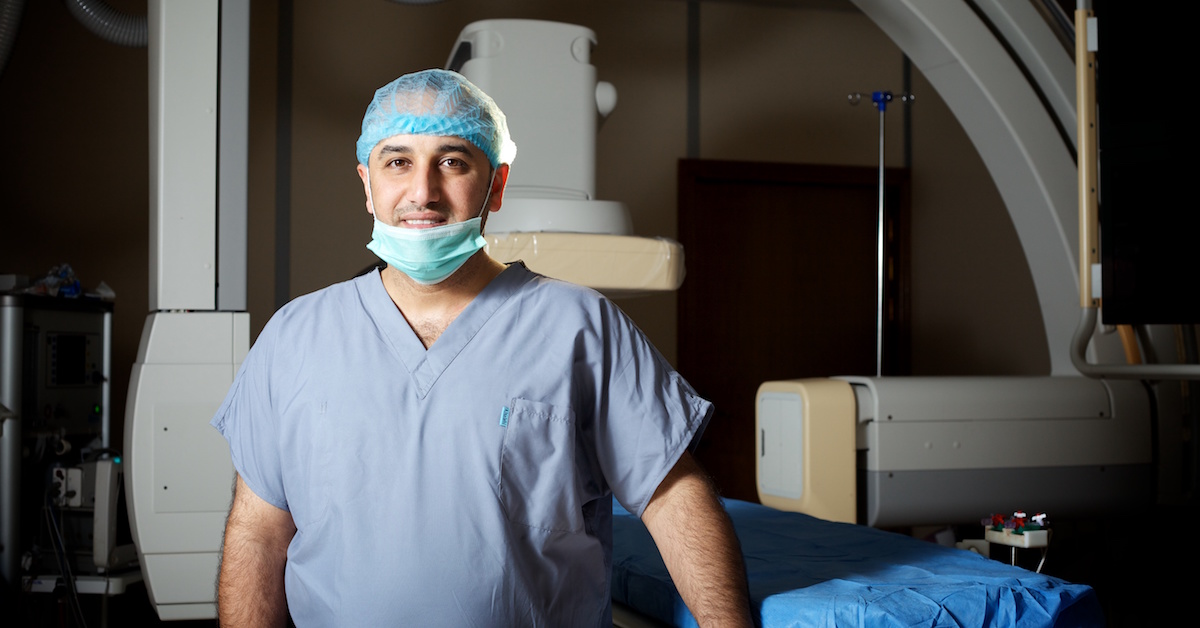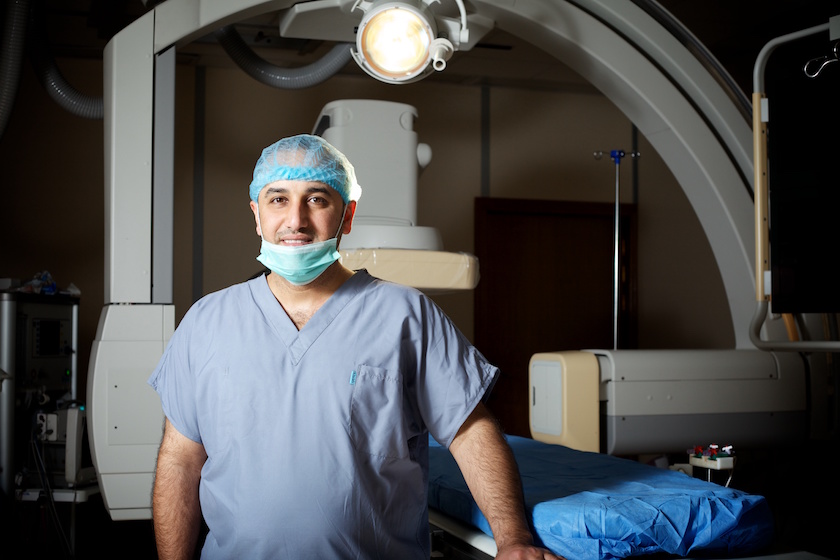
Face down in a ditch. Dry grass prickling his skin, bodies close enough for him to touch—all dead.
Do I look as still as them?
The roar of an engine fills his ears, then and slowly fades.
They bought it.
Dr. Firas had chosen to enter Fallujah, so he could do what he does best: care for children. He knew the city was falling into chaos, but he wouldn’t run away. He went anyway.
When the fighting became too intense, he finally escaped back to his family—one of Iraq’s preeminent cardiologist’s playing dead in a ditch to avoid ISIS capture.

For doctors in Iraq, there is usually a way out.
Who could blame them for taking it? When fighting breaks out, when extremists capture a city, when ISIS rolls into town, medical professionals are common targets. Free thought is an enemy of extremism the world over, and doctors are notorious freethinkers.
This is why hospitals in Cincinnati, Nashville, and San Diego are full of Iraqi doctors. They fled because their lives were in danger.
Dr. Firas knows firsthand what they’ve experienced—but he won’t run.
When fighting between the Iraqi military and Fallujan tribes broke out in 2013, Firas was stuck outside Fallujah, unable to enter his home city to treat the wounded. He eventually found a way in, but the fighting had grown too intense. The government was losing control. ISIS was planting black flags on buildings.
Dr. Firas eventually managed to bring his family up to the safer Kurdistan region of Iraq, even landing a job at one of the best hospitals in the country. But his heart never left Fallujah and his people, some of the most persecuted, neglected in Iraq.
“I was safer, but I wasn’t doing anything,” he says.
Knowing the risks, the sectarianism, and what could happen to him, Dr. Firas decided to leave his safe haven and return south to serve his kinsmen and fellow Fallujans.
“I’d rather be in [more dangerous] Baghdad and actually doing something to help.”

As we sat with Firas in our office today, sharing stories, browsing photos, and remembering our time in Fallujah mending hearts together, he fell silent when we got to the photo posted above.
“These pictures break my heart,” he said. “You know the whole hospital building behind me is destroyed now?”
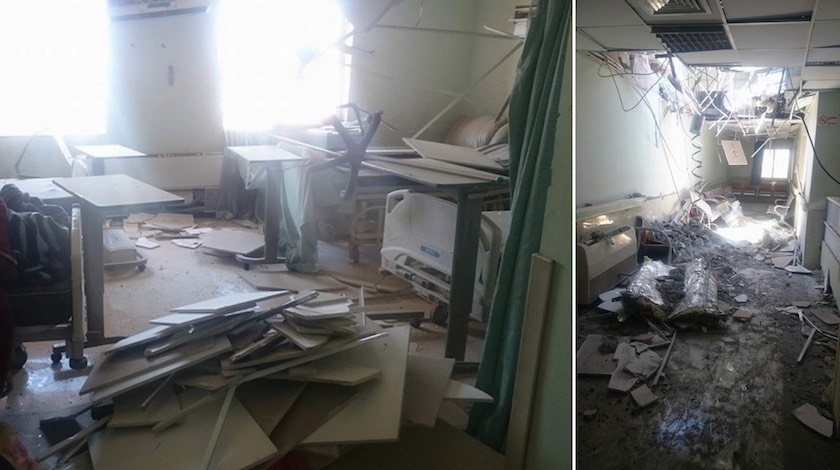
Firas’ Fallujah hospital may be gone, but his lifesaving work isn’t—he won’t leave when his people need him.
We know you won’t, either.
Right now, our team is delivering aid to starved-out, recently-freed families from Fallujah. When we whispered “Fallujah?” you shouted “YES!”
When others said it was crazy, too dangerous, too soon, you said, “But they’re starving now.”
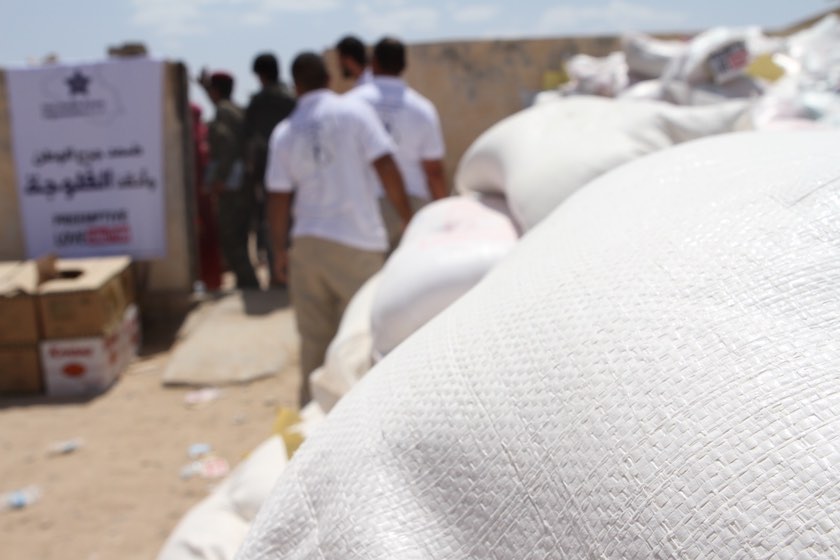
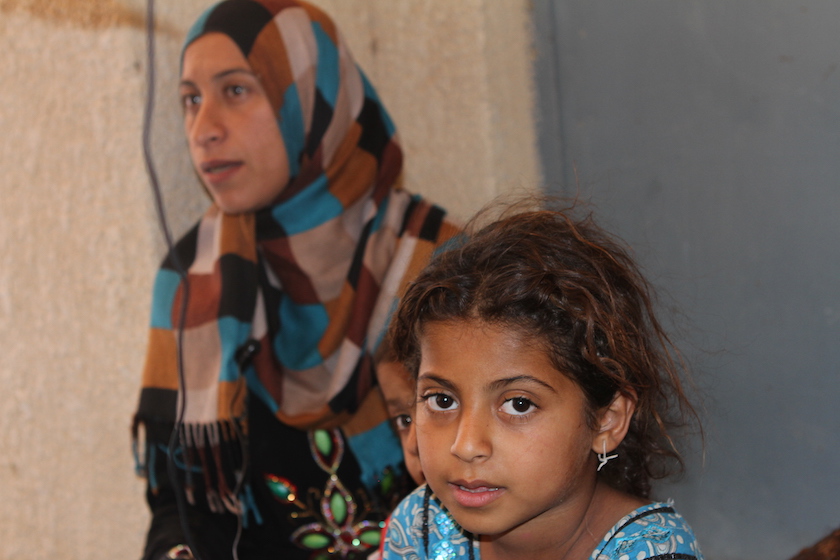
On behalf of Dr. Firas, these families, and the thousands of other Fallujans you are serving, thank you. You are going where others won’t go to love the people others won’t love.
More to come.

The Fallujah crisis is growing rapidly. New estimates reveal nearly twice as many people are trapped in the city as previously thought. Camps are overwhelmed and struggling to meet basic needs. Please continue to give, so we can continue to feed families on the run from ISIS.
Photos, top to bottom: Dr. Firas at Fallujah General Hospital in 2013, damage to the hospital suffered in recent fighting (source: Facebook, via Dr. Ahmed Shami), PLC aid delivery inside Fallujah militarized zone, a family recently liberated from ISIS

